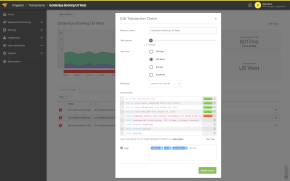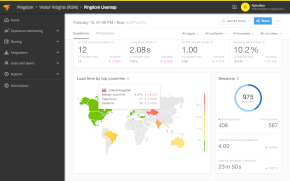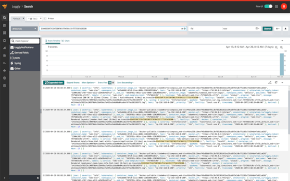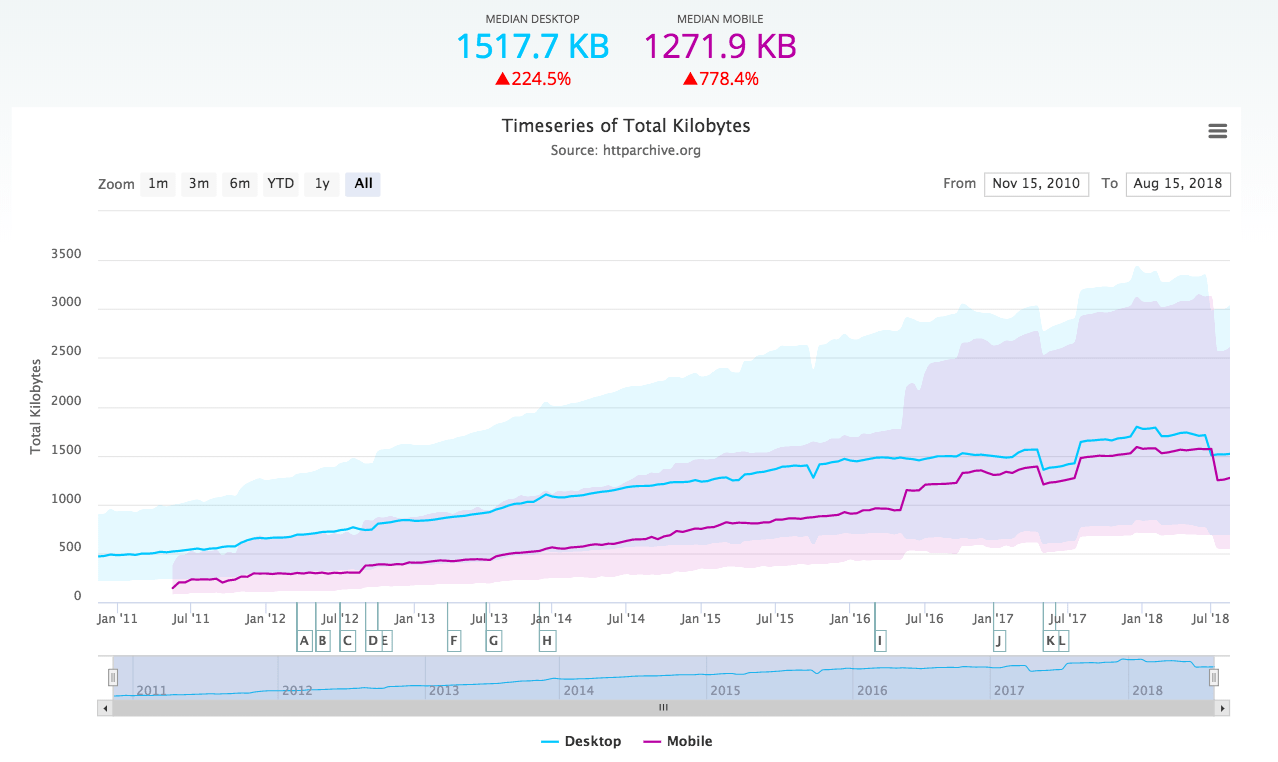
The world now has a population of over 7 billion, and there are around 4 billion IP addresses allocated across the globe. With estimated 2.3 billion Internet users, that leaves almost two IP addresses per user.
How are these IP addresses distributed throughout the countries around the world, and what’s the spread of IP addresses per capita? We go deep and attempt to answer those questions and more.
IP addresses and GDP per capita
Looking at just the total number of IP addresses on its own is interesting, but we’d argue that putting it in relation to population reveals more. That’s what we call IP density. In fact, putting the number of IP addresses in relation to number of Internet users in each country is even more interesting.
We gathered up this information from a range of sources and here are the top 20 countries in the world sorted by IP addresses per Internet users:
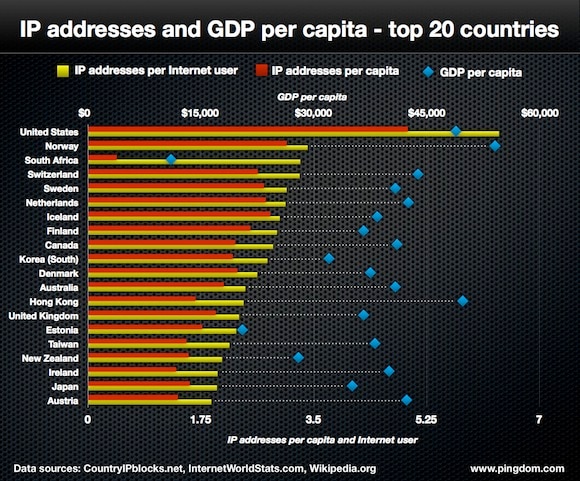
A larger version of the chart is available here.
Way ahead of all other countries is the United States (no surprise there). It has almost 5 IP addresses per person and close to 6.4 IP addresses per Internet user. Even though number two Norway beats the US in Internet penetration (90% versus 78%), it falls behind in both IP addresses per capita (3.08) as well as IP addresses per Internet user (3.4). In the case of the United States, the fact that the country is so dominating in web hosting and datacenters should explain a big chunk of the IP addresses it has allocated.
Most of the countries in the list follow a similar profile, but one country that stands out is South Africa. It ranks as number three in terms of IP addresses per Internet user (3.29), but very low in IP addresses per capita. The explanation for that is a low Internet penetration of around 13%.
IP density seems to matter
It is of course the case that the number of IP addresses, as well as IP density, do not, in and of themselves, signify how connected or wealthy a country is. A number of factors, including GDP per capita, investments in technology, and many others, have to go into such an equation.
However, there seems to be a significant relationship between the number of IP addresses, the number of Internet users, and GDP per capita. Perhaps not surprising you would say, but visualizing it like this, we hope, is likely to spur on further insights.
Image (top) via Shutterstock.
